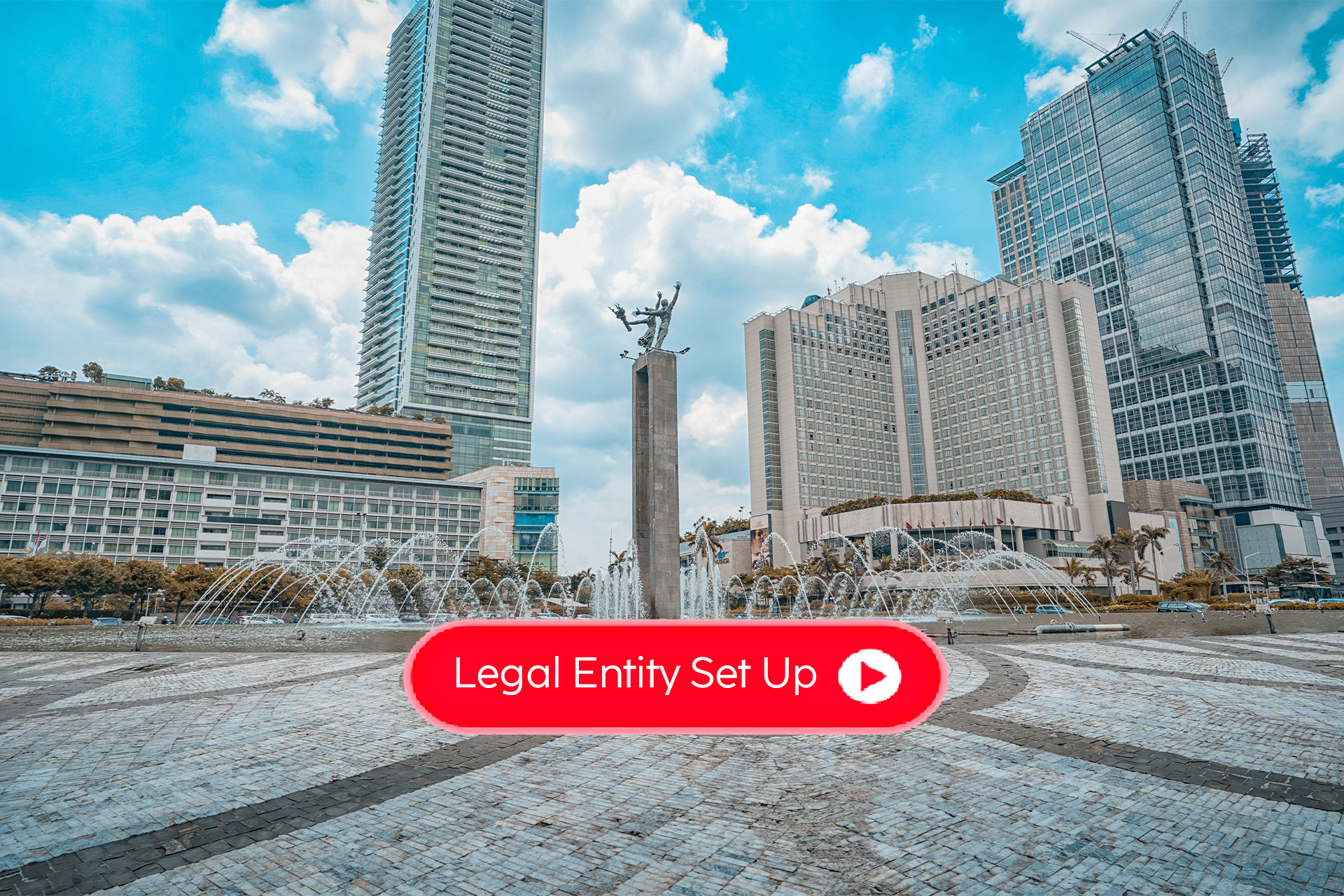Micro, Small, and Medium-sized Enterprises (MSMEs) frequently embark on their entrepreneurial journeys with scarce resources, including limited capital and a workforce with constraints. Consequently, small business proprietors actively seek a legal framework that not only simplifies the setup process but also extends flexibility in managing ownership, responsibilities, and day-to-day business operations. In the Indonesian context, one legal avenue that consistently emerges as an optimal solution for small enterprises is the establishment of a CV (Commanditaire Vennootschap).
Elevating a business to a legal entity status offers an array of advantages. The transformation into a legal entity streamlines several crucial aspects of business development. These encompass eligibility for securing business loans from financial institutions, eligibility for government aid packages, the capability to participate in competitive tenders, and more.
Legal Entity Set Up: Diving Deeper into CV
CV represents a legal entity structure formed by two or more individuals who then entrust their capital to two or more peers. This dual role of investing and leading facilitates the pursuit of shared goals while accommodating varying degrees of involvement from each member.
In an in-depth examination, within a CV, two categories of partners emerge: limited partners (komanditer) and general partners (komplementer). Limited partners confine their involvement to a more restricted role in business management and bear responsibility solely for the capital infusion they contribute to the CV. They commonly assume the role of passive investors.
In sharp contrast, general partners play a considerably more active role in daily management and decision-making within the CV’s business domain. Their expanded rights and augmented responsibilities extend to encompass personal liability for the CV’s financial obligations and debts.
Establishing a comprehensive partnership agreement within the its context generally delineates the roles and responsibilities of each partner. This strategic move provides the flexibility needed to define roles and obligations in accordance with mutual agreements. Limited partners bear limited liability tied to their invested capital, while general partners shoulder greater responsibilities when it comes to managing and nurturing the CV’s business interests.
Legal Entity Set Up: The Benefits of Establishing a CV for MSMEs
Foremost among the merits of establishing a CV lies in the expedited setup process. It constitutes a swift and cost-effective route to commencing operations, an invaluable asset for small business proprietors grappling with resource constraints.
Furthermore, it introduces a facet of ownership versatility that allows for various models of ownership. This includes passive partnerships, offering investors the opportunity to contribute without becoming deeply involved in business management. This adaptability proves particularly advantageous when courting investors without ceding excessive control over business affairs.
In addition to the ease of establishment and the associated flexibility in ownership, it affords safeguarding measures tailored to the benefit of limited partners. These stakeholders, ensconced within the CV’s framework, exclusively shoulder liability commensurate with their capital infusion. The result is a bulwark against financial jeopardy.
Another compelling advantage resides in streamlined management. It empowers general partners to preside over daily business operations, thus alleviating the managerial burdens encountered by limited partners.
Legal Entity Set Up: Navigating Key Considerations for MSMEs
Discerning entrepreneurs should remain vigilant to several pivotal factors when contemplating a CV as the chosen legal framework for their enterprise. A robust CV agreement between partners comes highly recommended. Such an agreement serves to meticulously codify roles, delineate responsibilities, and specify profit-sharing arrangements, thereby serving as a crucial preventive measure against potential disputes down the road.
Additionally, a meticulous understanding and adherence to tax obligations, such as Value Added Tax (VAT) and income tax, are imperative in navigating the regulatory landscape. Ensuring that the business operates in full compliance with prevailing regulations and Indonesian corporate law, including a firm grasp of the requisite permits and other statutory prerequisites, is paramount.
In the event of a business’s sustained growth trajectory, a CV can seamlessly transition into a PT (Limited Liability Company) without necessitating the dissolution of the existing entity. This strategic maneuver facilitates business expansion without incurring disruptions to the existing operational structure.
In Summation, CV (Commanditaire Vennootschap) emerges as a legal framework finely tailored to the exigencies of small businesses in Indonesia. It not only imparts ownership flexibility but also provides a robust shield for limited partners while extending enticing tax benefits.
Nevertheless, as in every facet of the entrepreneurial landscape, prudent consultation with experienced legal or accounting professionals should precede the selection of a legal framework for your enterprise. Armed with a comprehensive understanding of your options, you can embark on the path of establishing and nurturing a thriving small business in the vibrant landscape of Indonesia.





 20% off today. Whatsapp us!
20% off today. Whatsapp us!